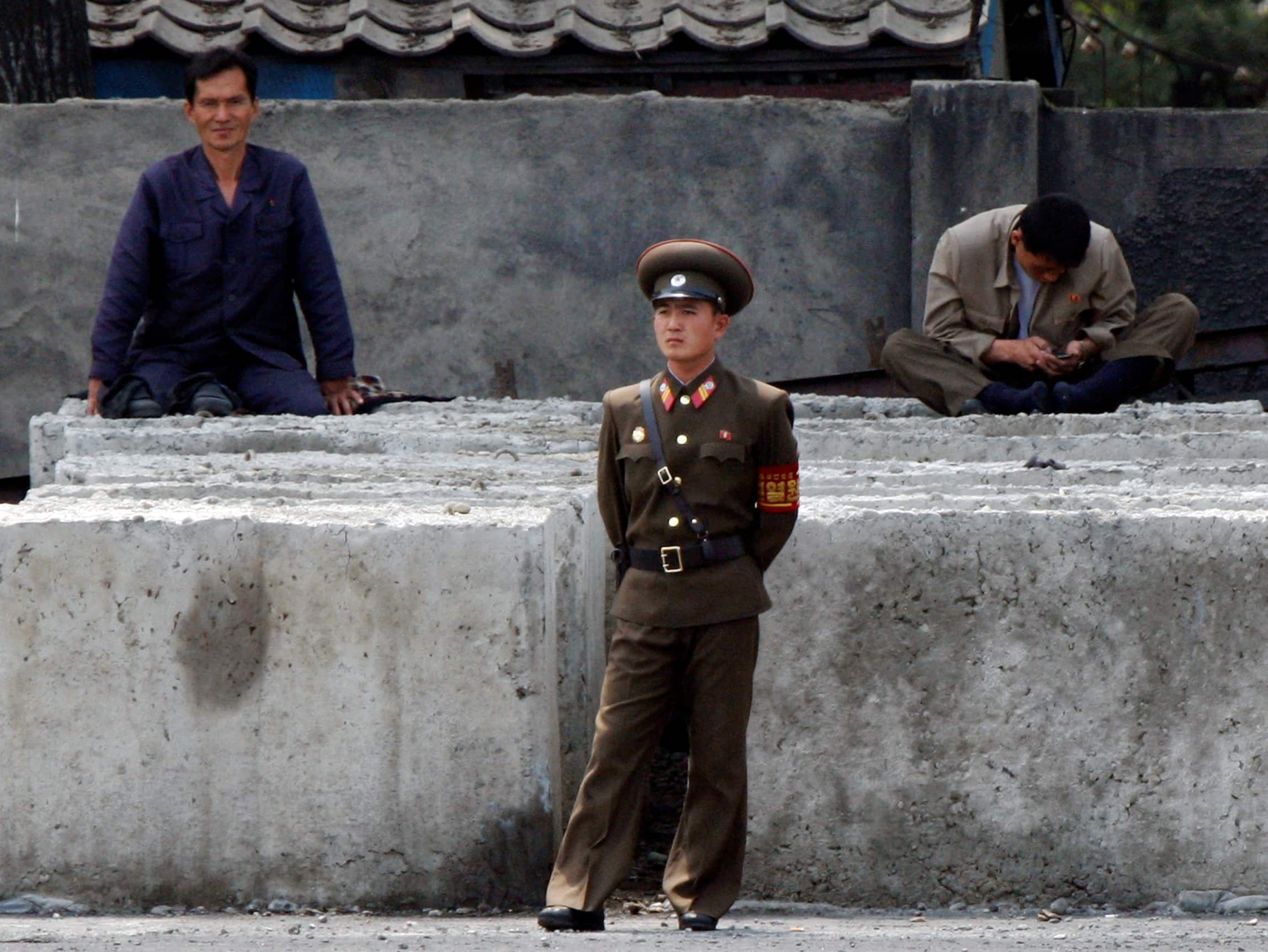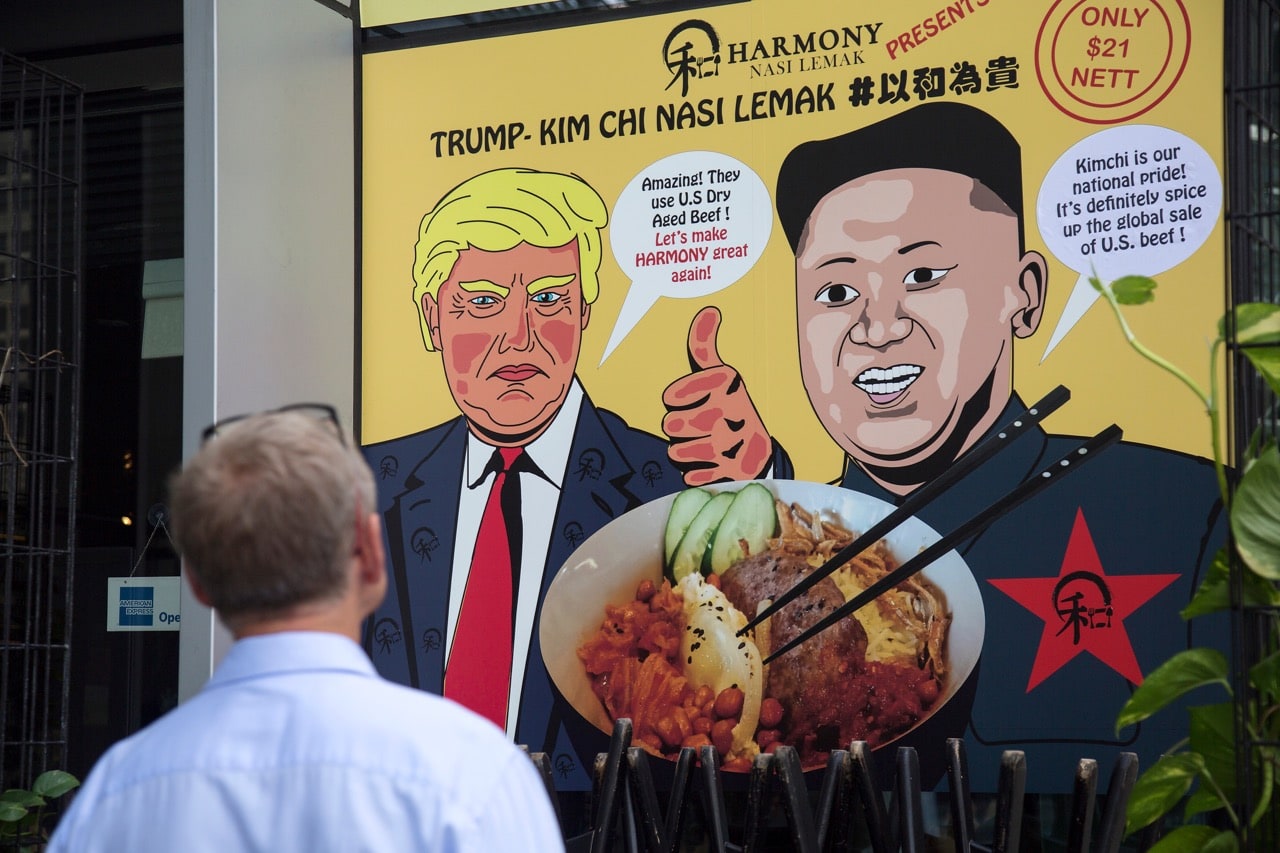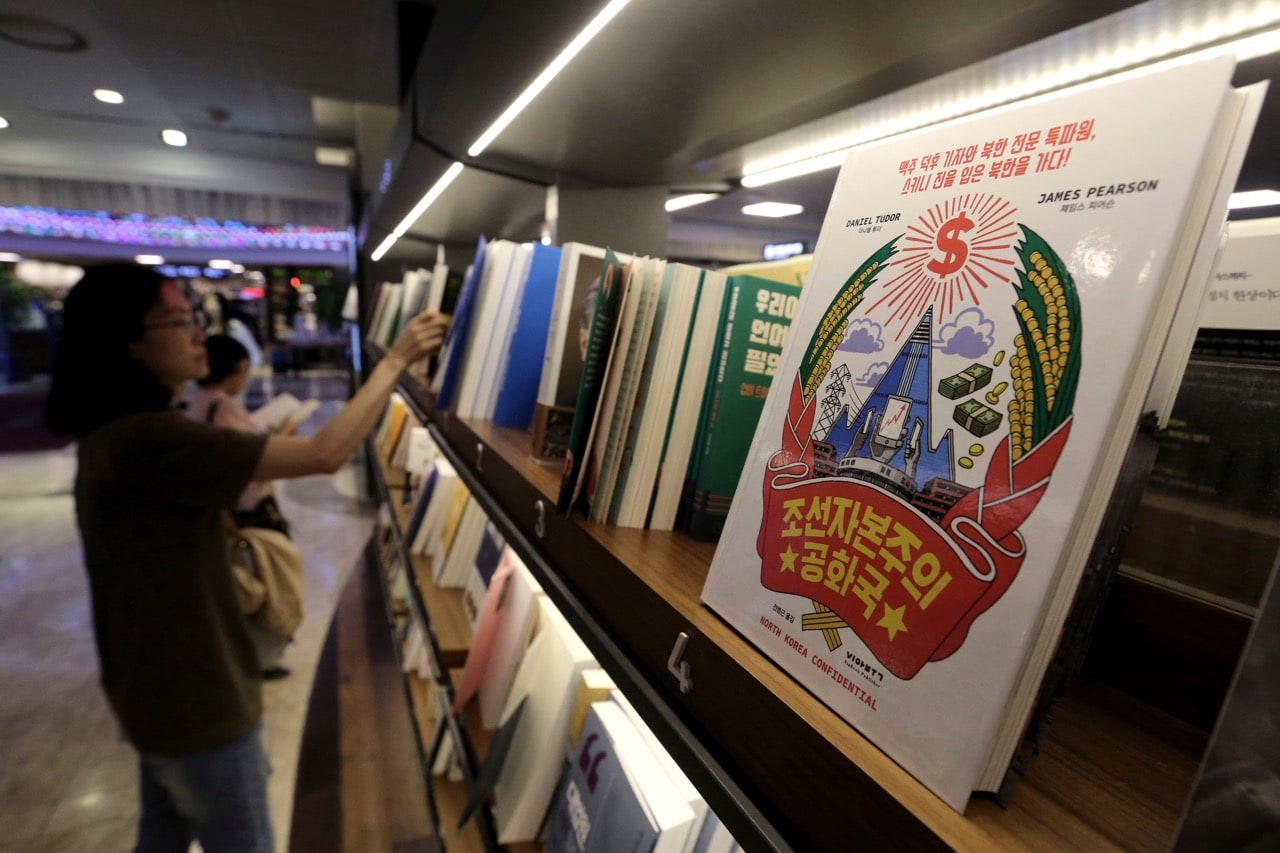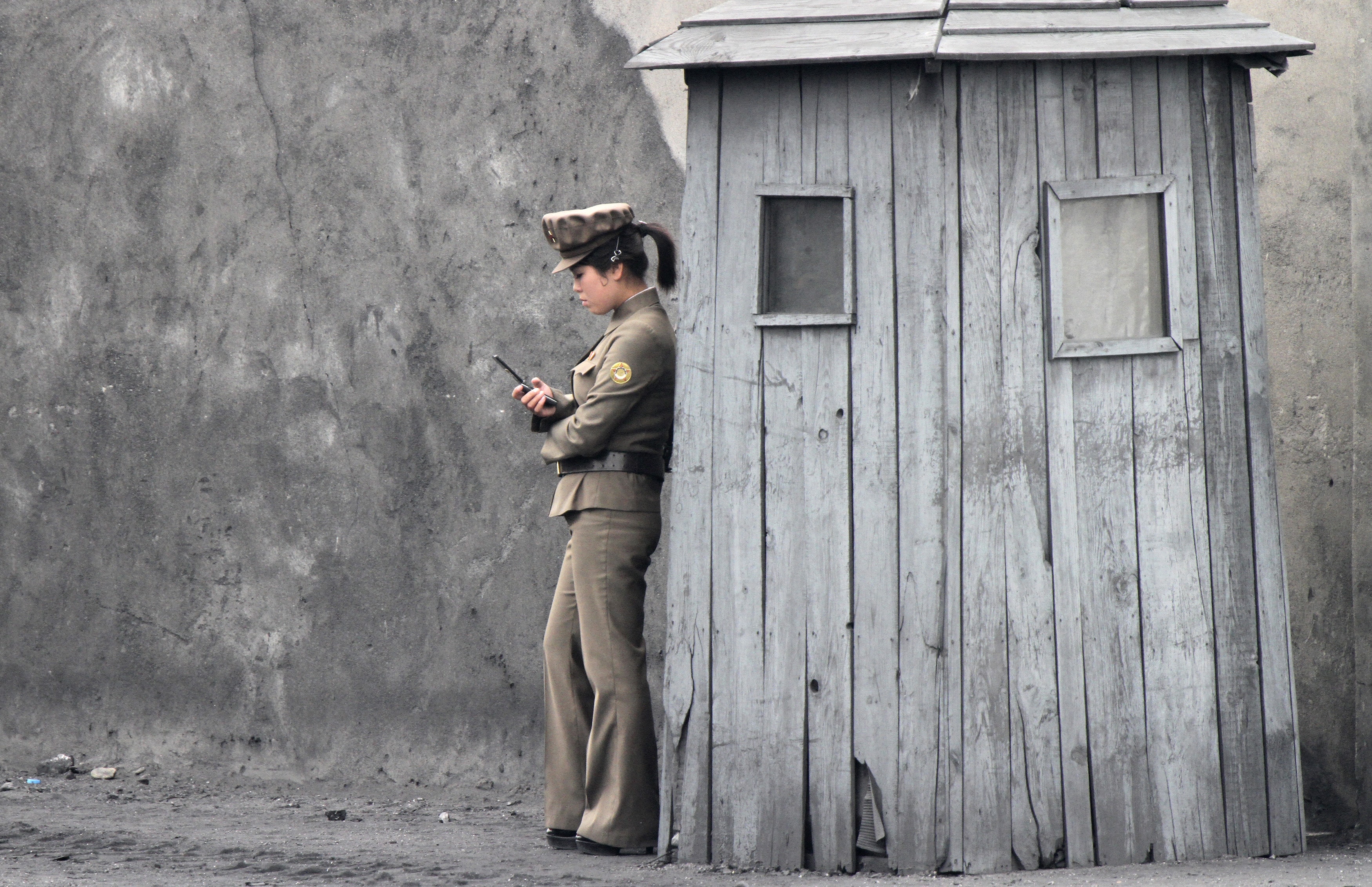North Koreans are arrested and punished for ordinary actions that would be considered within anyone's rights in a democratic society, among them using mobile phones to call overseas, and selling or even watching DVDs and CDs containing unauthorized content such as music and drama shows from China and South Korea.
The following is an excerpt from Human Rights Watch’s submission to the Universal Periodic Review of the Democratic People’s Republic of Korea.
Summary
Human rights conditions in the Democratic People’s Republic of Korea (DPRK) remain so dire they are sui generis (in their own category, according to a former special rapporteur). The transition of leadership from the late Kim Jong-Il to his son, Kim Jong Un, in late December 2011 has resulted in no appreciable change in the DPRK’s systematic violation of human rights. Despite rights guarantees in the DPRK constitution, the government does not respect civil and political rights, and organized political opposition, independent labor unions, free media, or civil society organizations do not exist. There is no freedom of religion.
Arbitrary arrest and detention, lack of due process, torture and other mistreatment remain serious concerns. The DPRK runs large political prison camps – the kwan-li-so – where hundreds of thousands of its citizens, including children, are enslaved in deplorable conditions. Periodically, the DPRK publicly executes individuals for stealing state property, hoarding food, engaging in smuggling of contraband products, and other “anti-socialist” crimes.
The DPRK is a party to four main international human rights treaties: the International Covenant on Civil and Political Rights, the International Covenant on Economic, Social and Cultural Rights, the Convention on the Elimination of All Forms of Discrimination against Women, and the Convention on the Rights of the Child. However, in 1997, the DPRK sought to withdraw from the ICCPR and but was informed it could not because the treaty in question does not contain a withdrawal provision.
The DPRK record of cooperation with UN human rights mechanisms is arguably among the worst in the world. The DPRK refuses to recognize resolutions on the human rights situation in North Korea adopted by the UN Human Rights Council and the UN General Assembly. The DPRK also rejects the appointment a UN special rapporteur on human rights in the DPRK, stating in correspondence dated January 28, 2013, from the Permanent Mission of the DPRK to the President of the Human Rights Council that the DPRK “categorically rejects the ‘Special Rapporteur’ and the ‘resolution’ on the establishment of the mandate of the Special Rapporteur.”
Since the establishment of the mandate, neither special rapporteur has ever been permitted to visit the country. The DPRK has also acted in contravention of procedures of the Universal Periodic Review (UPR) process by declining at the time of the adoption of its UPR outcome report in March 2010 to inform the Human Rights Council which recommendations enjoyed its support.
Pyongyang has also refused permission for the Commission on Inquiry (COI) established by the Human Rights Council in March 2013 to enter North Korea, and a government spokesperson attacked the testimony received from witnesses by the COI in Seoul as “slander.”
. . .
Punishment for Activities Protected under International Human Rights Law
A wide variety of activities that North Koreans engage in to exercise basic human rights – from feeding their families to learning about the outside world – are treated as crimes by the government.
Human Rights Watch found that North Koreans are arrested and punished for ordinary actions that would be considered within anyone’s rights in a democratic society, among them travelling internally without a permit, violating restrictive travel permits, engaging in private trading activities, using mobile phones to call overseas, or selling or even watching DVDs and CDs containing unauthorized content such as music and drama shows from China and South Korea.
. . .
The government also severely violates the right of its people to freedom of information and expression under Article 19 of the Universal Declaration of Human Rights and the International Covenant on Civil and Political Rights. The unjustified restriction of information and expression in North Korea chills exercise of many other rights, including the right to livelihood, to education, to association, to representative government, and many more.
North Koreans interviewed by Human Rights Watch frequently spoke of punishments for accessing entertainment or information from outside the country. Among the most popular goods being traded in North Korea are music and films from outside North Korea. Entertainment shows from South Korea are particularly popular and have served to undermine the North Korean government’s negative portrayals of South Korea. Foreign CDs and DVDs are increasingly common, yet remain hidden because anyone selling them faces arrest, abuse in detention, and being sent to prisons where they are tortured and forced to labor.
A female North Korean trader told Human Rights Watch that “punishment is also harsh” for those who sell or watch CDs and DVDs and “even a person who was at the bottom of the case [i.e., the lowest level of distribution] is arrested.” A woman who fled from North Korea explained that she and her daughter were caught watching DVDs by a group of informers, arrested, and held for a month by local authorities who beat them to force them to confess. When asked why this happened, she replied, “The North Korean government will never let its people see the outside world so it can keep its own system.”
Many North Koreans told Human Rights Watch that the availability of inexpensive Chinese mobile phones has for the first time allowed communications between North Koreans in border provinces, and from the border provinces to China and South Korea. However, using a mobile phone remains risky, as information that someone was seen using a mobile phone can be enough to spark an investigation, arrest, and abuse in detention. A North Korean woman who assisted North Koreans to call to South Korea said the authorities used surveillance equipment to monitor phone calls. She said, “If you talked and used your name or address, they [the authorities] would come and get you. They would take you to the State Security Department [in Korean, Bowibu] and put you in prison.”
Read Human Rights Watch’s full UPR submission which includes a list of recommendations.



